Two Russian spies accused of England poisoning now linked to deadly explosion in Czech Republic
Two men accused of a notorious assassination attempt in England have now been linked to a massive explosion.
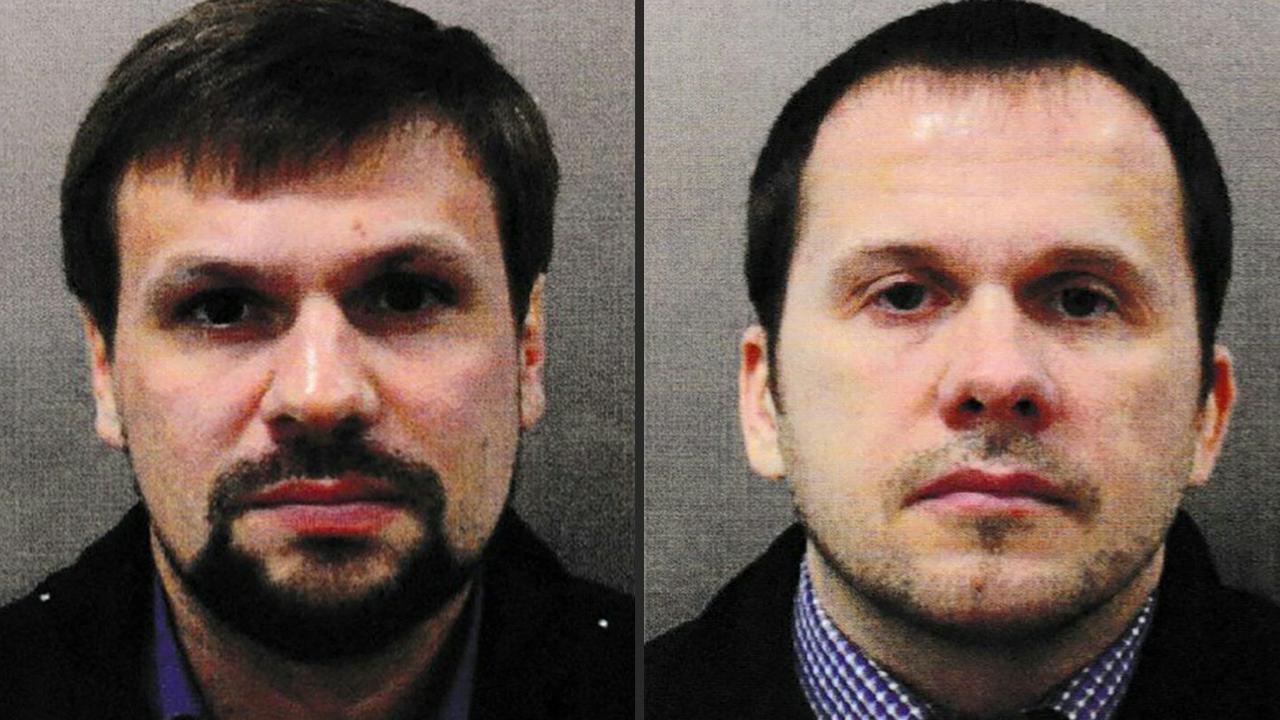
It’s the stuff of a John Le Carre novel — or perhaps a Johnny English movie.
Two Russia spies — who were accused of an infamous poisoning attack in England, have now been linked to a massive explosion in the Czech Republic.
The Czech organised crime squad on Saturday announced it was seeking two Russians in connection with a huge blast in the country in 2014.
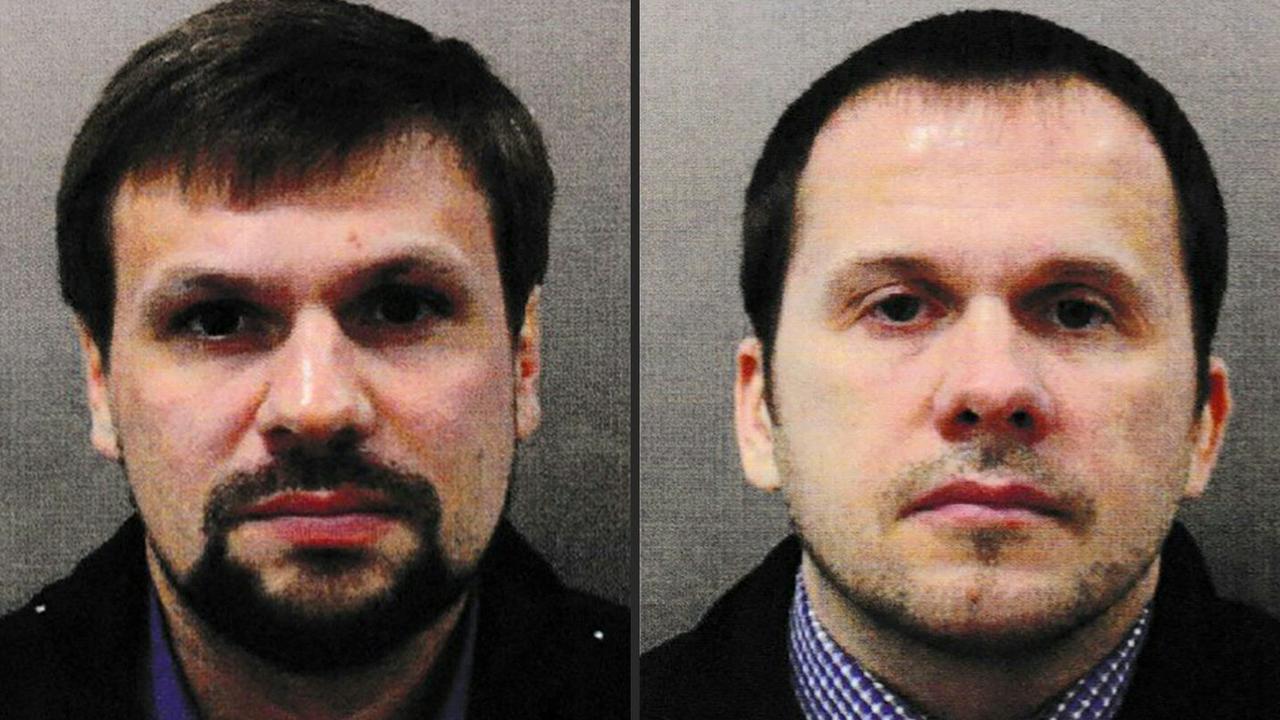
The explosion in Vrbetice caused huge financial and environmental damage, and killed two people.
The blast occurred at a warehouse with 58 tonnes of ammunition. It was followed months later by another big blast at a nearby warehouse with 98 tonnes of ammunition.
Russian nationals with the aliases Alexander Petrov and Ruslan Boshirov have been linked to the explosion
A source told CNN that police suspect the explosion was premature and not meant to happen on Czech territory. Instead the ammunition was meant to explode in Bulgaria after being exported there. It is not clear why the blast happened prematurely.
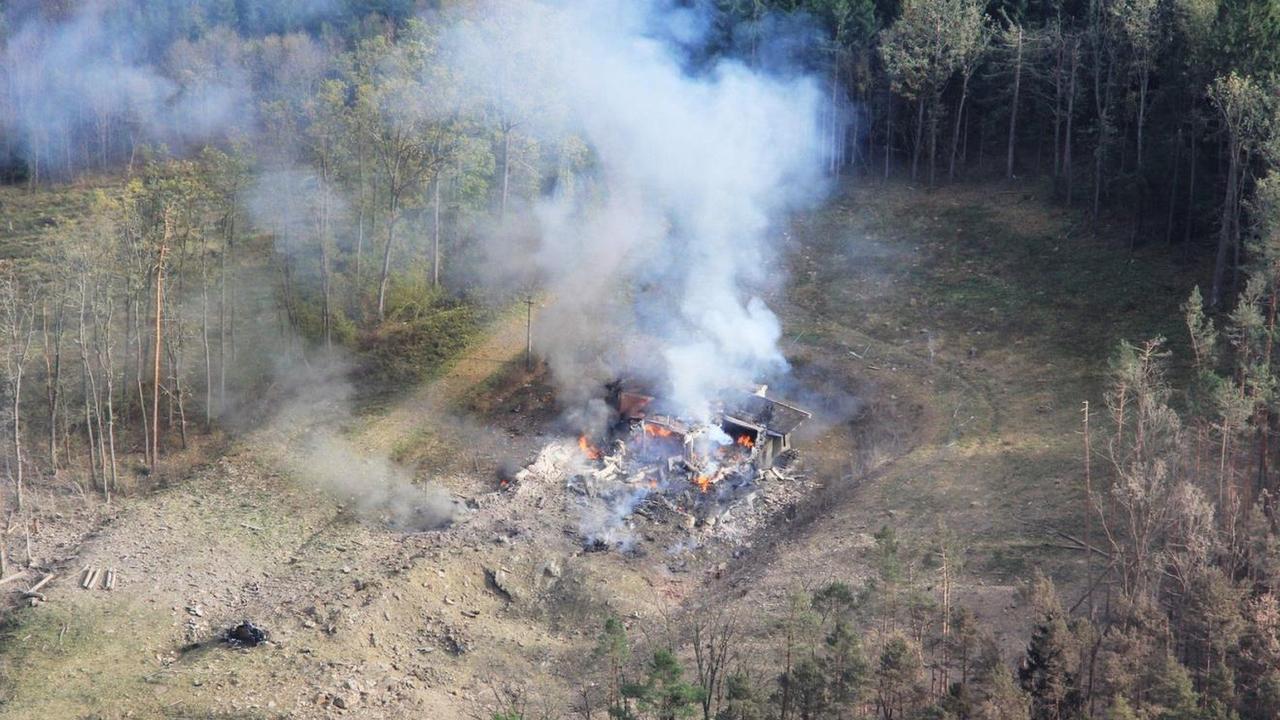
Astoundingly, “Petrov” and “Boshirov” are the two men also linked to the infamous poisoning of former Russian double agent Sergei Skripal in England in 2018.
Sergei Skripal was found unconscious on a park bench in Salisbury, Britain. Police alleged the agents smearing his door handle with Novichok, a Soviet-era nerve agent.
Skripal survived the attempted assassination, however a local woman was killed by Novichok after she picked up a discarded perfume bottle.
Bellingcat investigative site, which mainly uses open-source intelligence techniques, later concluded they were agents of Russia’s GRU military intelligence outfit.
It’s thought their names were aliases used in fake passports.
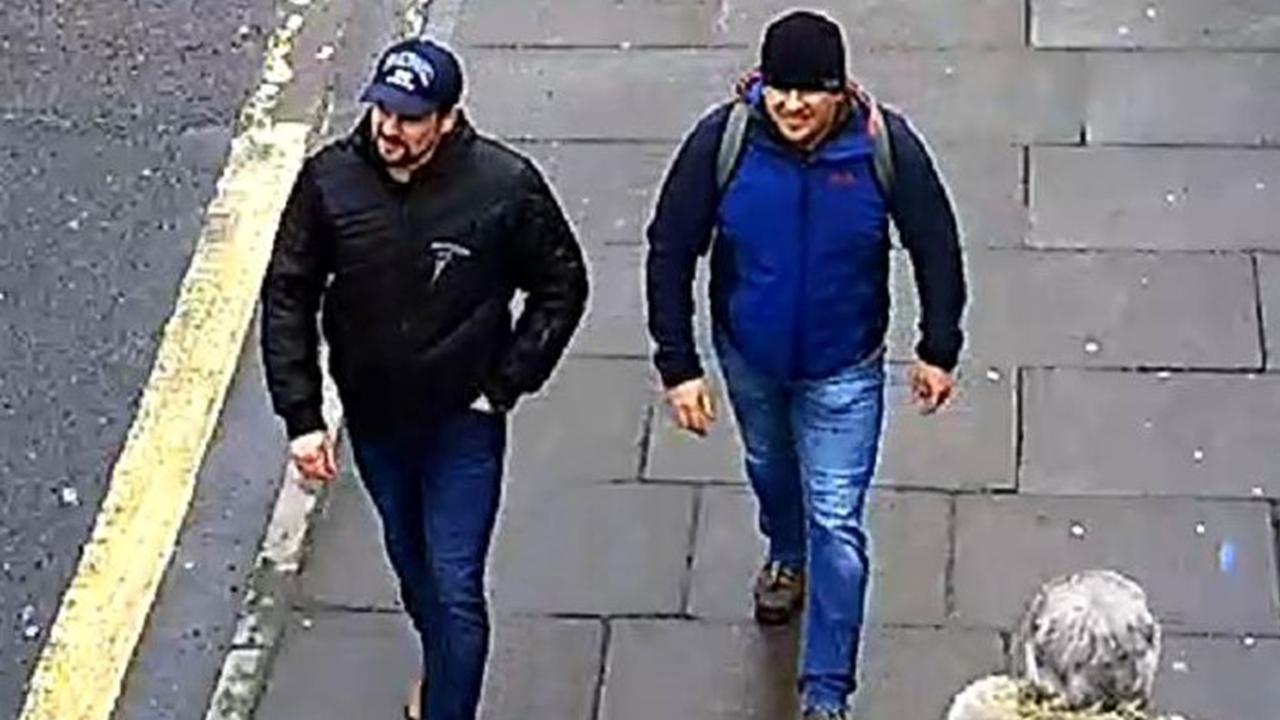
Petrov and Boshirov — or Anatoly Chepiga and Alexander Mishkin, according to Bellingcat — did little to hide their presence in Britain.
Their faces and movements were photographed and filmed from London’s Gatwick Airport to Salisbury and back to London, where they flew back to Moscow from Heathrow.
The two men later appeared on television, interviewed by the head of Russia’s Kremlin-funded RT (formerly Russia Today) broadcaster, Margarita Simonyan, after President Vladimir Putin insisted they had done nothing wrong.
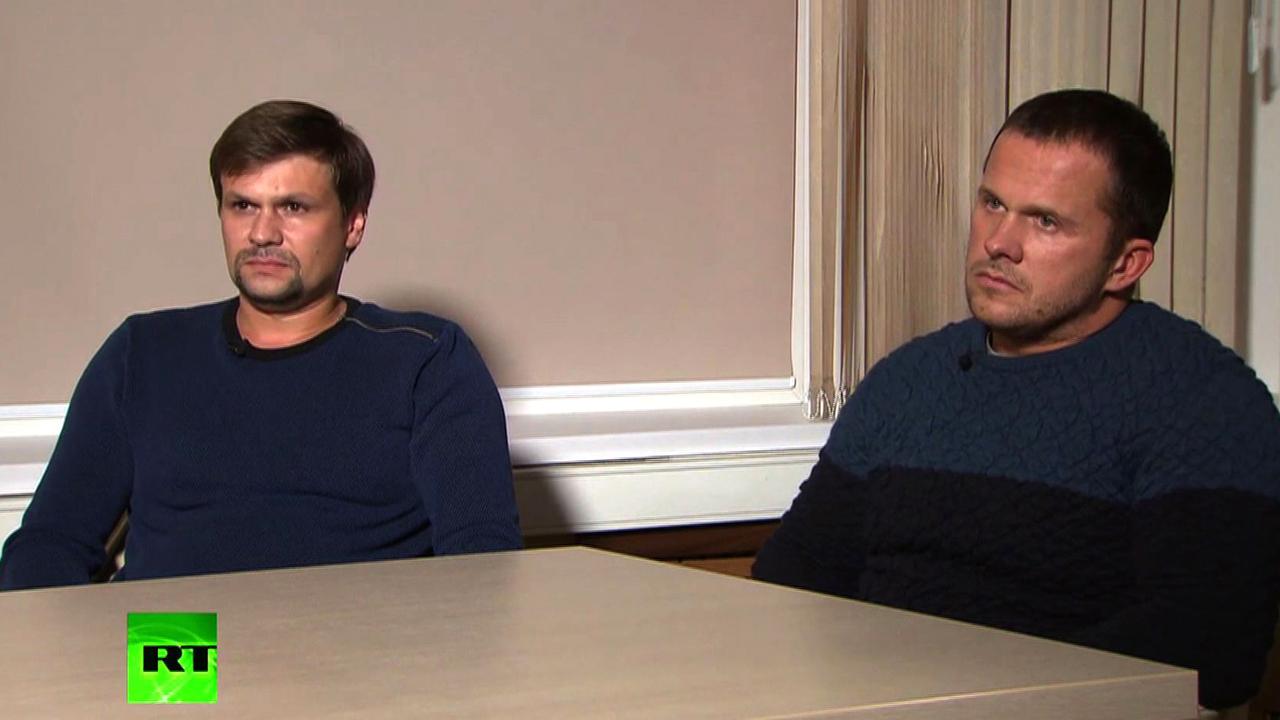
Appearing nervous in the public eye, they claimed to be sports supplement salesmen who had gone to Salisbury for a sightseeing trip.
On Saturday, their faces were all over the news once again, when the Czech government accused them of being involved in a sabotage operation — a blast previously considered an accident.
Crucial in identifying the agents, according to the BBC, was an email from Tajikistan’s National Guard asking for two men to be given access to the ammunitions depot, with copies of their passports attached.
The faces on the passports — for a Ruslan Tabarov from Tajikistan and a Nicolaj Popa from Moldova — matched those of Petrov and Boshirov filmed in Britain.
Many people on Russian social media have revelled in mocking the agents for having been exposed twice.
“Petrov and Boshirov — that would be a great series! Better than James Bond,” joked one Twitter user.
But military analyst Alexander Golts pointed out that in the Czech affair the two men had “fulfilled their mission”, only being identified six years later.
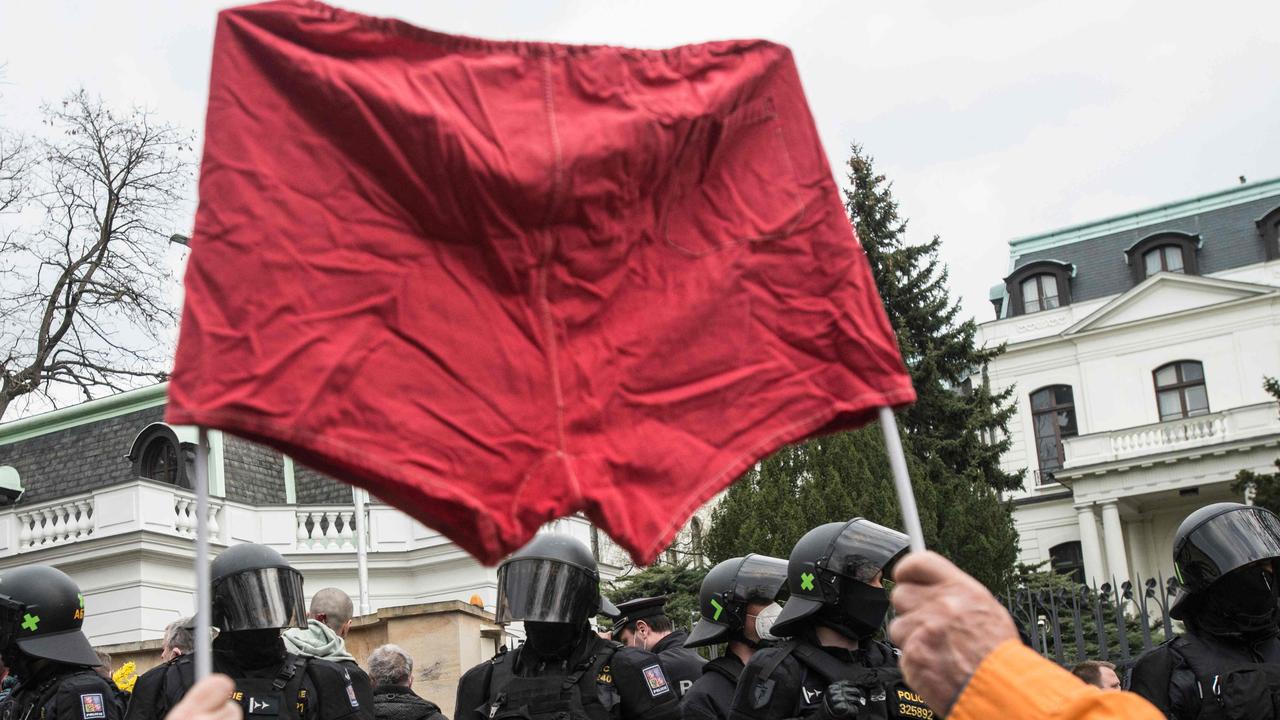
The Czech government reacted with fury to the development.
It announced it would expel 18 Russian diplomats identified by local intelligence as secret agents of the Russian SVR and GRU services that are suspected of involvement in a 2014 explosion.
“Eighteen employees of the Russian embassy must leave our republic within 48 hours,” Foreign Minister Jan Hamacek told reporters.
Prime Minister Andrej Babis said Czech authorities had “clear evidence” linking GRU officers from unit 29155 to the blast in a military ammunition warehouse near the eastern Czech village of Vrbetice.
He added that he had received the information on Friday, without explaining why the investigation had taken so long.
“The explosion led to huge material damage and posed a serious threat to the lives of many local people, but above all it killed two citizens,” Babis said.
Russian ‘spying’ increasing
On Thursday, Czech neighbour Poland said it had expelled three Russian diplomats for “carrying out activities to the detriment” of Poland.
Warsaw also expressed solidarity with the US, which earlier that day had announced sanctions and the expulsion of 10 Russian diplomats in retaliation for what Washington said was the Kremlin’s US election interference, a massive cyber attack and other hostile activity.
Italy is another country to have sent Russian envoys packing earlier this month after a navy captain was caught handing over classified documents to a Russian agent.
While Russia routinely shrugs off espionage allegations as part of an “anti-Russian campaign” orchestrated by the US or Britain, analysts say that covert Russian activities in Europe have hit a new post-Cold War peak.
– with AFP




